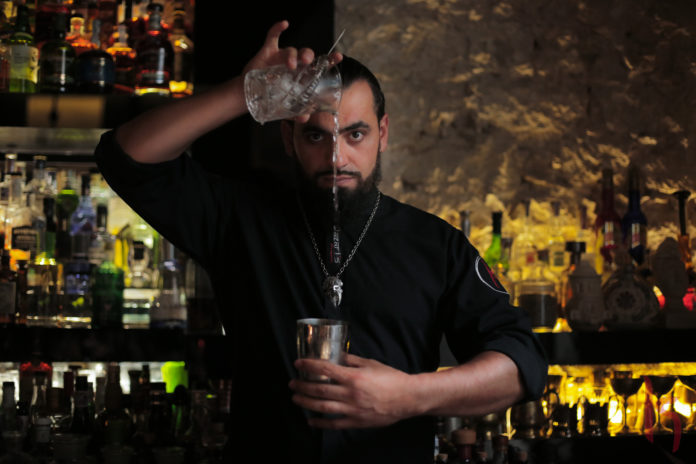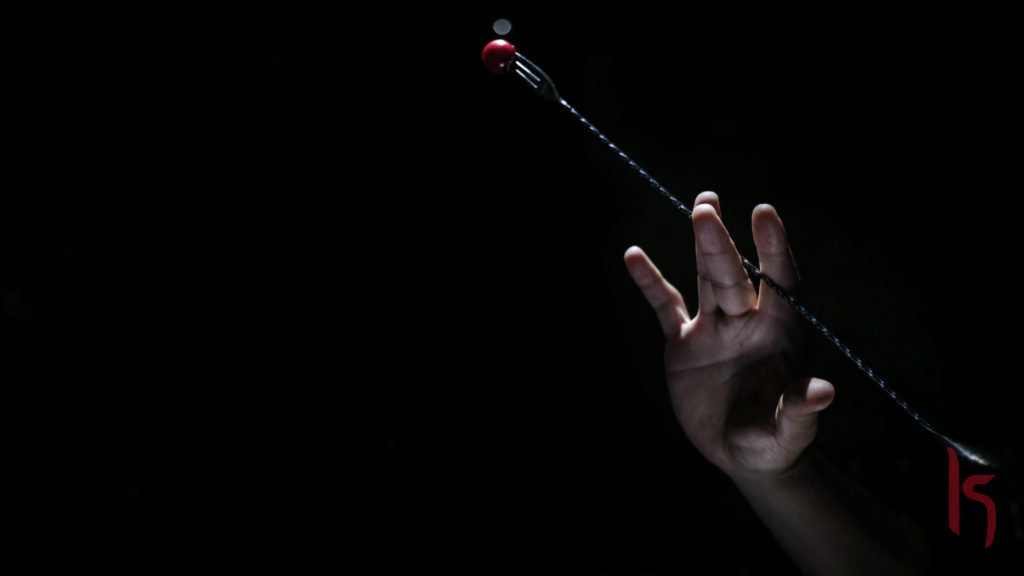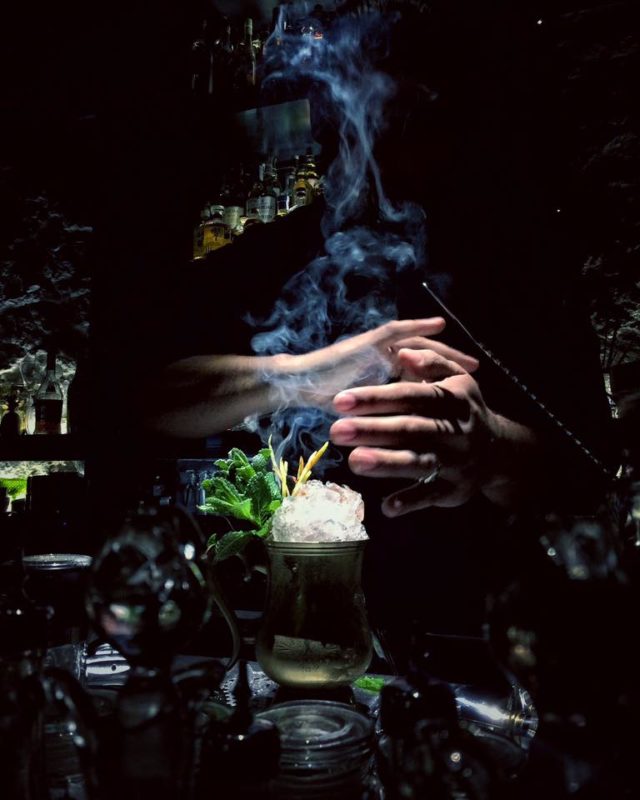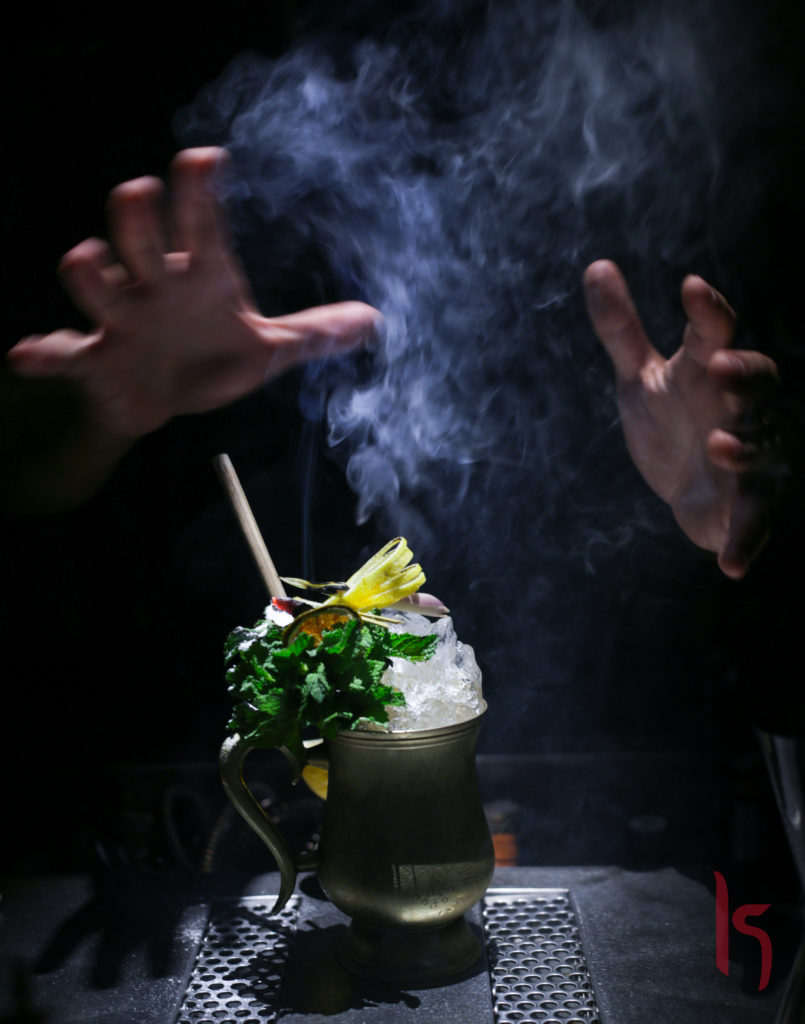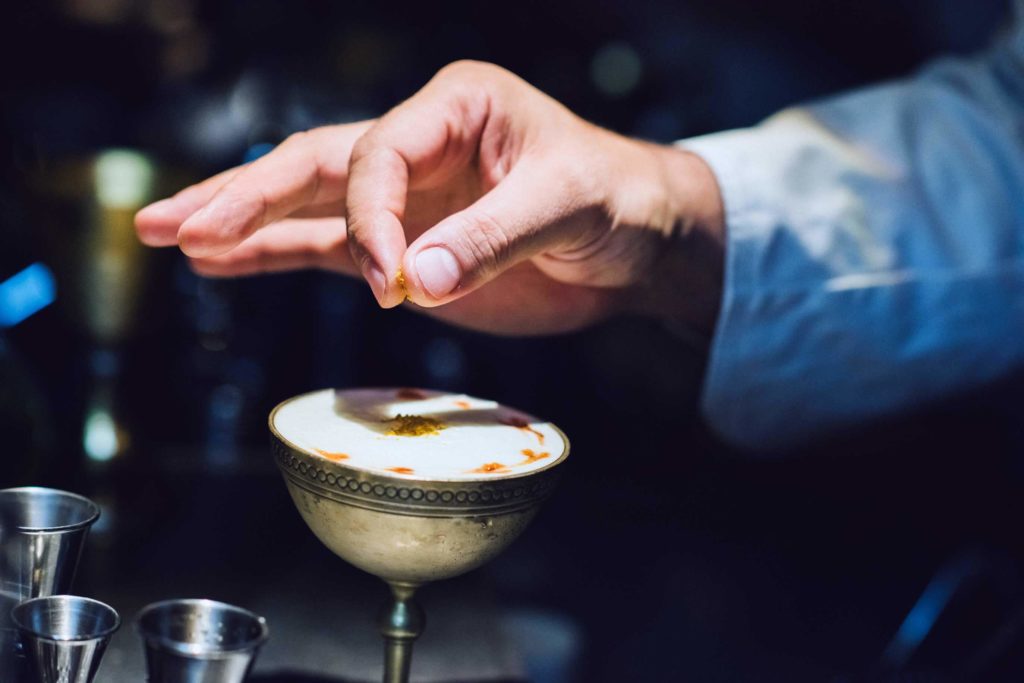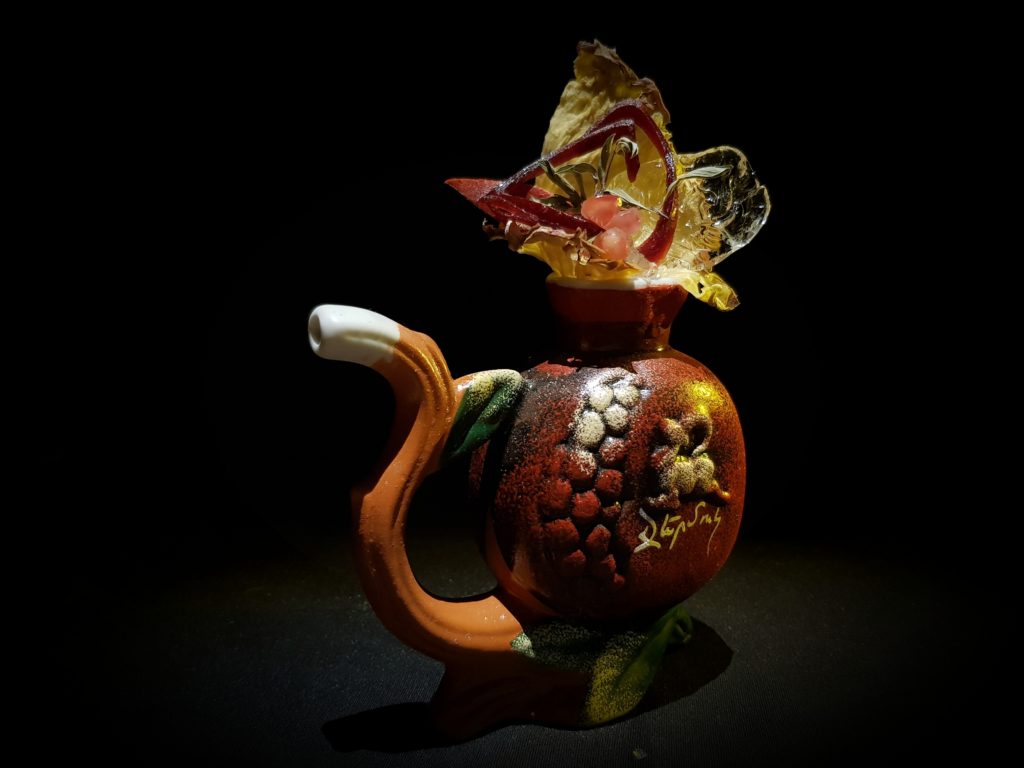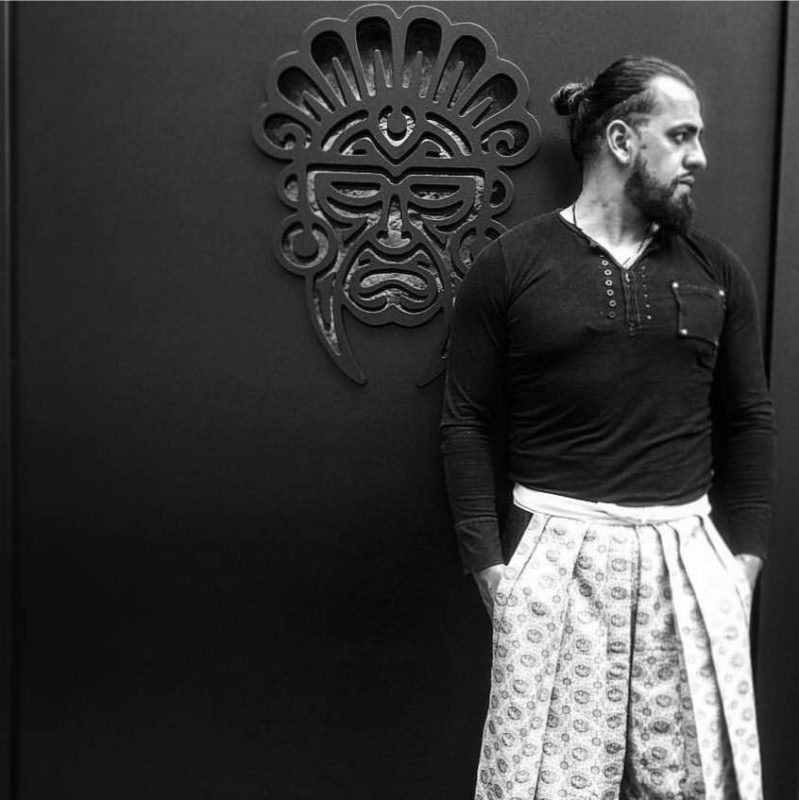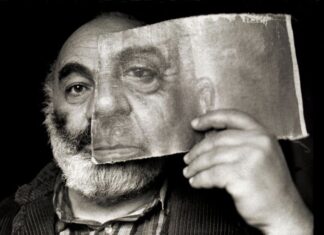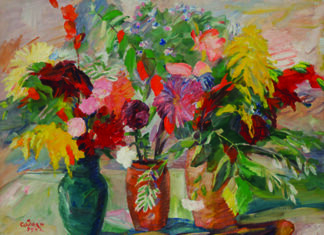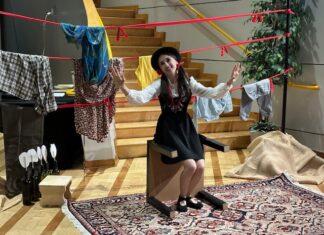By Ashley Pini
Name: Gegam Kazarian
Current Bar: Kazari´s Lab
Consultancy Work: group and hotels consultant
Gastronomic Project work: Kazari’s Project creator, Kazari´s Konecta, Gastrokosmos school by Kazaris.
Question 1. Tell me about your background; where you were born, raised and educated. Was there anything that stood out for you that helped you develop into the person you are today? Who was your greatest influence in your younger years?



